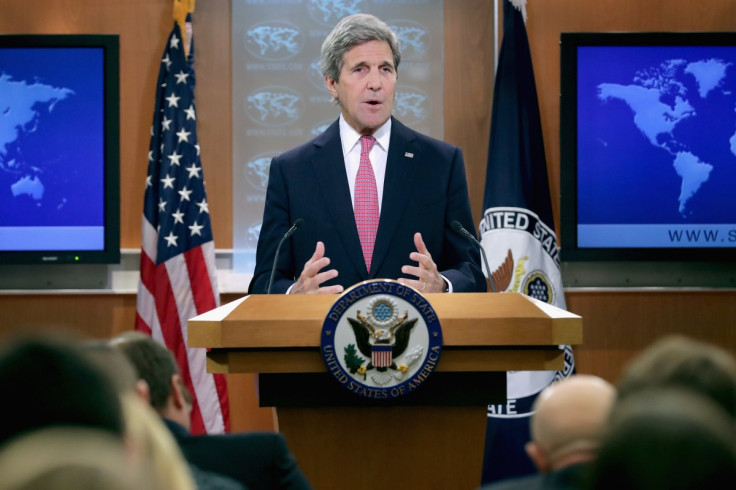US State Department: Abuses by security forces 'most significant' human rights issue in India

Abuses by police and security forces are India's "most significant" human rights problem, the United States has said. The findings were presented as part of the US State Department's annual 2015 Country Reports on Human Rights Practices released on Wednesday (13 April).
The report, which was released by Secretary of State John Kerry at the State Department headquarters, raised concerns over the "failure" of the Gujarat state government to hold accountable those responsible for the 2002 riots, which killed more than 1,200 people. It also noted that the law in some Indian states "restricted religious conversion" and that there had been reports of arrests under these laws.
The report stated: "The most significant human rights problems involved police and security force abuses, including extrajudicial killings, torture and rape; corruption remained widespread and contributed to ineffective responses to crimes, including those against women, children and members of scheduled castes or tribes; and societal violence based on gender, religious affiliation and caste or tribe."
According to the report, India has had a number of reports of government agencies committing "arbitrary or unlawful killings". Between 2008 and 2013, there were allegedly 555 "encounter killings", which refers to the extrajudicial execution of alleged criminals or insurgents by security forces and police, with the highest number (138) reported in the state of Uttar Pradesh.
In regards to the Gujarat riots, the US State Department noted there had been a "lack of accountability" for misconduct at government levels. While it acknowledged that investigations and prosecutions had taken place for individual cases, there had not been enough action on convictions.
India's prime minister Narendra Modi was the leader of Gujurat at the time of the riots and has long been criticised for allegedly condoning the murders. He was banned from the UK as a result, although the ban expired in 2012, the same year India's Supreme Court cleared him of any involvement.
Releasing the report, John Kerry said: "A government that fails to respect human rights, no matter how lofty its pretensions, had very little to boast about, to teach, and very little indeed in the way of reaching its full potential. It is important to understand that the reports that we release today, as voluminous as they are, represent just a tiny fraction of what this department does to advance freedom and dignity across the globe."
Other human rights problems mentioned in the report for India included disappearances, hazardous prison conditions, arbitrary arrest and detention, and lengthy pre-trial detention. Rape, domestic violence, dowry-related deaths, honour killings and sexual harassment also featured.
© Copyright IBTimes 2025. All rights reserved.






















